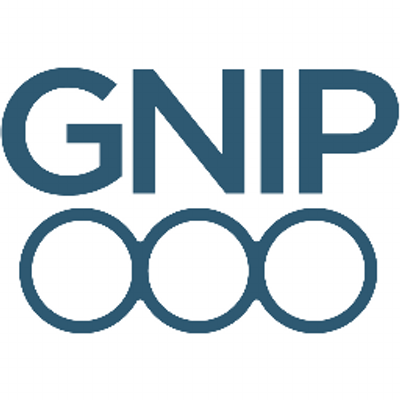
Ashutosh Joshi is FirstRain’s Principal Data Analytics Engineer. He attended The Big Boulder Initiative last month and learned some interesting things. Read on:
Last month the Big Boulder Initiative, organized by one of our vendors, Gnip came to San Francisco and I was lucky enough to go on behalf of my team. FirstRain is a Gnip Plugged in Partner and we consistently get great value from being part of the program and attending Gnip events.
The meet was attended by about 20 companies of varying size – from large companies to a few start-ups with less than 10 employees – all Gnip customers. The conference started with Gnip CEO Chris Moody giving an introductory talk about the objectives and agenda of the conference. What was different about this conference, compared to others that I’ve attended, were its objectives. The goal of the meeting was to discuss what the biggest obstacles, current and future, facing the social-data industry and what steps could be taken to remove those obstacles (boulders). Gnip recognized that it was in a unique position to understand the concerns of both the publishers – the creators of social data like Twitter and Facebook – and the companies who, like FirstRain, use that content to deliver high-value business solutions. A main focus of the Boulder Initiative events is to reach out to its customers to identify the problems they, and the industry in general, face, and to brainstorm solutions to them.
Several problems were proposed, but the biggest that emerged were:
1. Cost of Data
2. Ethics of Data Use
3. ROI to be achieved
4. Access to data
We broke up into teams and discussed short- and long-term steps to be taken around each of these areas. The problem that I found most interesting was the problem of access to data. There is so much data out there, but the access to that data is restricted to those that can afford to license the expensive pipelines. Also, because the data is costly, the primary focus of those accessing the data tends to be turning a profit. Having freer access to the data would lead to more innovation, bringing down the cost of data creation as well–which could be facilitated if the publishers could grant limited/free access to academia or non-profits.
The social data industry is in its infancy, and is still figuring out all the advantages and pitfalls of the different decisions it makes. Gnip’s Big Boulder Initiative events are valuable because they introduce standardization around social data. This includes the different properties of data, like the chain of custody and control that each individual element – the creator, publisher and multiple levels of consumers – can have over the data at different stages of data analytics and the finished product, to the ways to access the data and the rights of the consumer. It was a great to be a part of this process of discussing and proposing standards that hopefully will facilitate more innovation in an up-and-coming industry.
Unlike many other vendor conferences I have attended, it was’t about Gnip giving us demos of their latest features and then trying to sell them with a day of presentations pushing products–It turned out to be quite the contrary. At the end of the event, a board of 3 attendees was elected and they along with 9 similar board members from three more Big Boulder Initiatives around the country were tasked with acting on the solutions proposed in the conference. All in all, a good day for partners and, most importantly, long term for the users that use our services leveraging social data.
